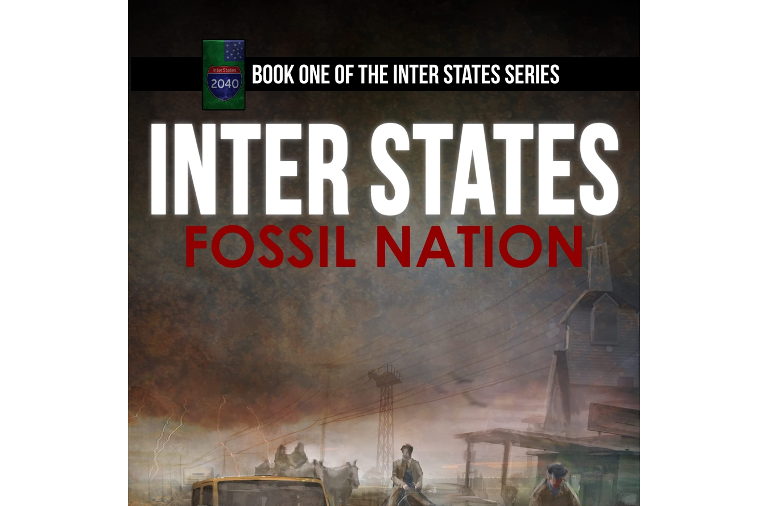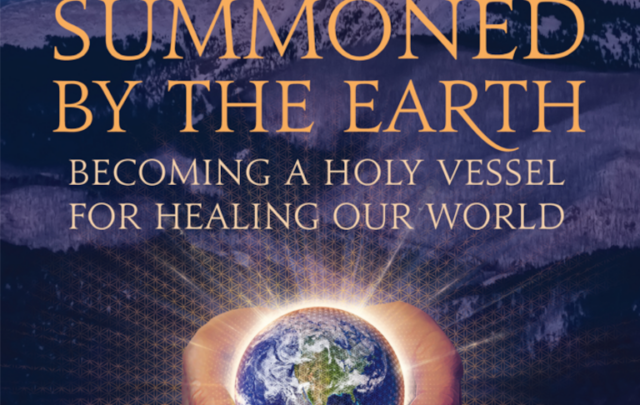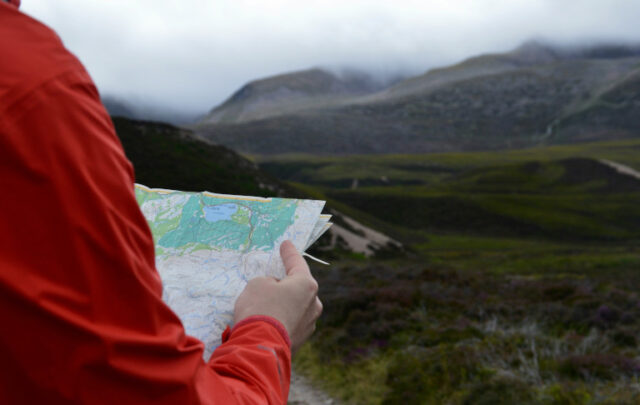A trilogy by Ralph Meima
Fossil Nation: Founders House Publishing, Jul. 2015, 298 pp., paperback: $16.99, ebook: $6.99
Emergent Disorder: Founders House Publishing, Jun. 2016, 412 pp., paperback: $17.99, ebook: $6.99
Oligarchs’ Gambit: Founders House Publishing, Nov. 2021, 443 pp., paperback: $17.99, ebook: $5.99
The year is 2040 and the United States is at a crossroads. Climate change and resource depletion have completely reshaped the nation’s social, political, environmental and technological milieus. The American empire is over; the national economy and infrastructure, in tatters. Countless technologies and conveniences we take for granted today are out of reach for most people. Millions are uprooted each year by monster hurricanes, and huge swaths of human habitat are lost annually to sand dunes and rising seas. And now, during the most embattled presidential election season in U.S. history, America faces the prospect of its dissolution.
This is the state of the nation in Ralph Meima’s engaging, richly imagined Inter States novel series. Set in the eastern United States in the late fall of 2040, the novels chronicle five crucial weeks in the lives of migrants fleeing climate-driven hardships and political leaders doing their best to manage America’s tumble into history’s dustbin. The novels have a great deal worthwhile to say about the real-life crises facing America right now and how we might go about responding to them, and they say it in a trenchant, entertaining way. The story grabs us from the start and slips seamlessly among a variety of genres, including travelogue, political drama, disaster thriller and clandestine adventure. The result is a tale that educates as much as it enchants.

The first book, Fossil Nation, begins with a group of family and friends fleeing the North Carolina coast in search of a better life farther north. Like millions of others in the American South, they’ve reached the end of their rope with the flooding, increasingly destructive storms and plummeting agricultural productivity that have long beset the region due to climate change. After clearing out the beach house owned by family matriarch Florence Trudeau, they abandon the property to its eventual watery fate and begin their several-hundred-mile odyssey up the decrepit interstate by horse-drawn carriage (the mode by which most people travel these days). Aside from their “carriage” being made from a scavenged tractor body and chassis (a common sight in this salvage society), they’re like settlers heading west in the 1800s.
Today their trip would be an uneventful, if wearying, day or two on the road. In the future of these novels, however, it’s a month-long Homeric journey fraught with danger at every turn. Our heroes face martial law, state border lockdowns, pursuit by a murderous militia, the predations of highwaymen, a hurricane of biblical proportions and sudden reversals of fortune. We find ourselves deeply invested in their dramas, as well as fascinated by the bouts of philosophizing to which they’re prone as they reflect on the state of the world around them (even if these last can sometimes stray into the didactic).
Florence and a grandson of hers named Mike Kendeil are perhaps the most fully drawn and emotionally involving characters. Florence, who runs a large fruit and vegetable farming enterprise and once held the lofty title of Deputy Assistant Secretary of State for Global Environmental and Natural Resource Affairs, serves as both the primary provider and voice of wisdom for her family. Her grandson is a retired Army Corps of Engineers officer who, like many people in need of escape during these trying times, is secretly addicted to a virtual fantasy world called VNET. Mike is a good man who wants to do right by his family, but his addiction undermines him at every turn, driving him to squander his savings on the VNET motels (or “V-tels”) along their route to which he repeatedly absconds.
The VNET, or “Vtopia,” is a confluence of the Internet, TV, movie theaters, entertainment arcades and more. A third of all Americans spend at least 12 hours a day in Vtopia’s sumptuous worlds. For hardcore users like Mike, V-tels allow endless immersion—though that immersion comes at a hefty price, both financial and psychological. So damaged has Mike’s mind become that he now regards his make-believe stint as a knight-errant on an alien planet as more real than real life. Such is Meima’s storytelling skill that we end up feeling just as involved in Mike’s dreamworld as we do in the actual outside world.
The story of Mike and his fellow travelers is intercut with numerous others. These include those of the hapless current U.S. president; the idealistic Green Party congressman from Vermont; the calculating, elite-friendly Republican presidential candidate; the figurehead of a new militant conservative political party; and the intrepid spokeswoman for a new breakaway country. There’s a lot in motion here, but Meima juggles it adroitly.
The Green Party congressman, Jake Wilder, is a fierce advocate for a set of policy positions known by the acronym SHE-WEBS, which stands for “sun, hydro, eco-mimicry, wind, efficiency, biofuels, simplicity.” As its name implies, SHE-WEBS is about dialing back consumption to a level that can be sustained by renewable energy sources, and modeling our technological systems on natural ones as much as possible, so that the technosphere and the biosphere complement rather than sabotage each other. Wilder is fervently fighting against a bill called the Forest Reclamation and Stewardship Act, which represents the opposite of SHE-WEBS. In a bid to alleviate fuel shortages, this bill would boost wood fuel production by opening all publicly owned forests to logging. Though Wilder is hopelessly in the minority in opposing this bill, he shows no signs of giving up the good fight.
Meima’s fictional world is remarkable partly for its striking overlays of the old, the present-day and the futuristic. Defying the conventional wisdom that societies must move either forward or backward technologically, it presents us with one that has done both simultaneously. Motels advertise both free Wi-Fi and staffed horse stables. Traditional horse-drawn carriages exist alongside hybrid electric ones (the latter substituting equine muscle power for the internal combustion engines found in our modern-day hybrid cars). Plying the freeways is like touring a museum of the history of travel: There are carriages, fuel cell electric vehicles, mopeds, bicycles and any number of other modes of travel from throughout the ages. This chaotic technological bricolage is exciting and entirely plausible in a world where resources are so scarce that people are repairing and repurposing long-forgotten relics.
In his introduction to one of the books, Meima says he wants his characters to model the importance of “act[ing] flexibly and resourcefully as the future unfolds.” This, of course, requires insight into the factors shaping that future. To this end, the books introduce and explain a whole host of concepts necessary to understand the climate, energy, economic and geopolitical crises breaking upon late industrial America. Through the decisions and actions of the characters, we’re also shown a variety of practical things we can do to adjust to the steady decline of our own world, most of them quite sensibly focused on the goal of localizing our lives as much as possible so as to shake the fossil fuel addiction that lies at the heart of our predicament.
Another core ideal of the Inter States books is voluntary simplicity. In Meima’s future, pretty much everyone lives materially much simpler lives than those enjoyed by people throughout the industrial world today. And while in most cases this isn’t by choice, many have come to embrace their newfound circumstances. We’re told, for instance, that the “ghetto-poverty” that once afflicted Harlem, New York, has given way to “a different, respectable” kind of poverty. By portraying poverty in such a positive light, the books encourage readers to imagine how ditching consumerism and opting for a life of frugality could lessen one’s burden on the planet while also greatly improving one’s health and happiness.
My one fault with these books is the way they go about delivering exposition, which is usually through internal thought sequences and conversations among characters. These thought sequences/conversations can sometimes run quite long, and the longer ones have an unfortunate tendency to thrust us out of the story for pages at a time in order to explain a particular topic or concept in fine detail. It’s at these points that the narrative grinds to a halt and the conversations/internal monologues become stilted because the characters are plainly just telling us what we as readers are meant to know, rather than naturally talking amongst or to themselves. This problem could have been greatly alleviated if Meima had moved a lot of this material into summary chapters told by the books’ omniscient narrator, as well as into the books’ already existing appendices. Luckily, however, these awkward expositional passages, while not rare, are by no means ubiquitous.
The Inter States saga could just as easily have come to us in the form of a single 1,200-page novel as the three that we currently have, since these three parts tell one continuous narrative as opposed to multiple self-contained stories with their own unique arcs. Books two and three—subtitled Emergent Disorder and Oligarchs’ Gambit—are essentially the second and third acts of that narrative, focusing, respectively, on the devastating and far-reaching consequences of a record hurricane, and the House of Cards-like machinations of political power players fiercely competing for control over the future nations of America’s east coast. Thus, the series will be most satisfying for those willing to commit to reading it in its entirety.






